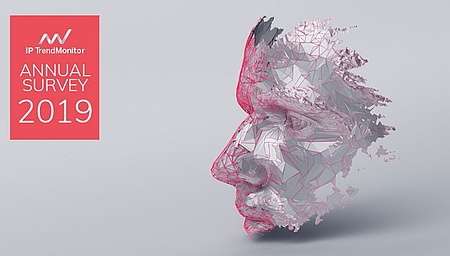Get the updates in your inbox
Subscribe to get the latest news and updates.
No spam. We promise.

On the pitch, Inter Milan would be the heavy favorite in a match against Inter Miami, but in a current trademark dispute before the USPTO, the balance of power is not clear-cut.

From the live-saving to the bizarre, here are a few of the greatest inventions to watch out for in 2020.

Discover fun facts about the most controversial Intellectual Property lawsuits of the last decade.

Geographical indications may not receive the most fanfare among different forms of Intellectual Property, but they are crucial to discerning consumers.

Today, trademarks can be vigorously defended in court, but it was not always the case. Let us wander back for a bit and marvel at how trademarks have transformed and evolved over time.

The results of IP Trend Monitor's 2019 edition are in! Read the full report to learn which types of work are more likely to be affected, what adjustments will be required and how we can prepare for an AI future.

In the U.S., a new rule regarding electronic trademark application submissions is coming up soon. Still, it has recently been delayed to provide applicants and the USPTO with more time to prepare.

The Trademark Modernization Act of December 11, 2018, which came into force on January 14, 2019, brings some interesting changes in the area of German trademark licensing law.

Counterfeiters, patent infringers and Intellectual Property villains are infiltrating the business world and someone needs to stop them. That's why IP experts are in high demand and you could be one of them.

The ability to leverage the value of your IP depends on how well it is managed. If your business wants to make the most effective use of these intangible properties, Dennemeyer offers these seven tips on how to build a robust IP management system.

Many experts agree that, despite efforts to the contrary, IP legal standards are not adapting fast enough to today's technology. In this blog, we examine the top ten key changes that will have a significant influence on IP practices.

Under the new rule, foreign-domiciled applicants are now required to use an attorney licensed in the U.S. to file all submissions, including those made through the Trademark Electronic Application System (TEAS).